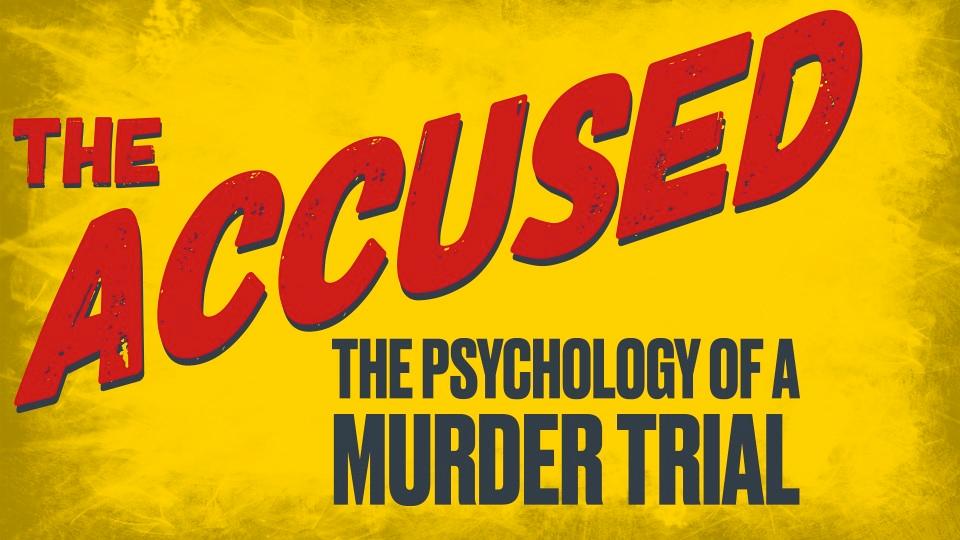Rock around the dock: jurors needed for ‘50s musical murder trial
Primary page content
The team behind last year’s award-winning murder mystery night at Goldsmiths, University of London bring a dramatic new twist on psychology research to the city this February with The Accused: The Psychology of a Murder Trial.

With live music, film, dancing, drama, and a dose of 1950s nostalgia, a series of immersive science-theatre events on the 9th, 10th and 11th February will combine the best creative and research talent Goldsmiths has to offer.
Alongside three nights of entertainment, the university’s Forensic Psychology Unit (Department of Psychology) will conduct two psychological research experiments during the event – with guest participation optional – while feeding back results to attendees.
Based on transcripts and court records of a high-profile 1950s murder trial, The Accused: The Psychology of a Murder Trial invites guests to play the role of juror as Goldsmiths staff and students present a dramatisation of the crime, the case, and the testimony presented in court.
Throughout the event, music and dance - devised, choreographed and performed by Goldsmiths’ Acting and Filmmaking Society and the Musical Theatre Society – will immerse participants in the sounds and style of the era.
Guests are encouraged to attend in 1950s dress, and prizes for best dressed and best (or most enthusiastic!) dancers are up for grabs, with choreographers on hand during the interval to give a helping hand to those with a rusty jitterbug.
In 2016 the FPU’s first dramatic event, The Death of Jane Doe: The Psychology of a Murder Investigation, was named winner of the CorpComms Magazine award for best communications by a public sector organisation in honour of its ‘creative approach to building awareness’.
Led by Professor Fiona Gabbert, researchers in the Forensic Psychology Unit at Goldsmiths hold expertise spanning evidence gathering and the investigation process, through to the sentencing, assessment and management of offenders. Research has informed major developments in eyewitness identification and the interviewing of victims and witnesses in the UK and internationally.
The Accused: The Psychology of a Murder Trial runs on the 9th, 10th and 11th Februry 2017 in the Great Hall, Richard Hoggart Building, Goldsmiths, University of London, Lewisham Way, New Cross.
Tickets have sold out.
This event is supported by the Goldsmiths Annual Fund.